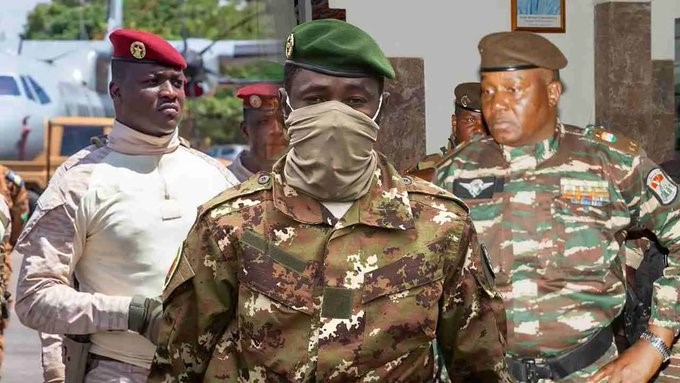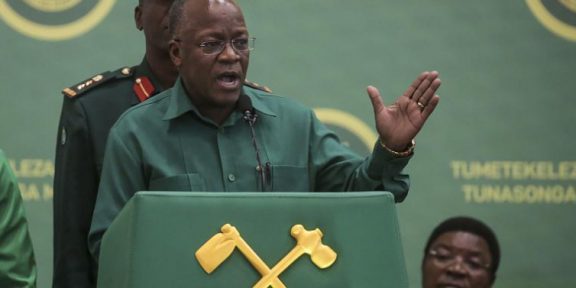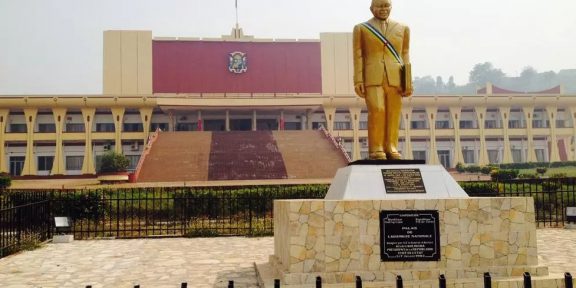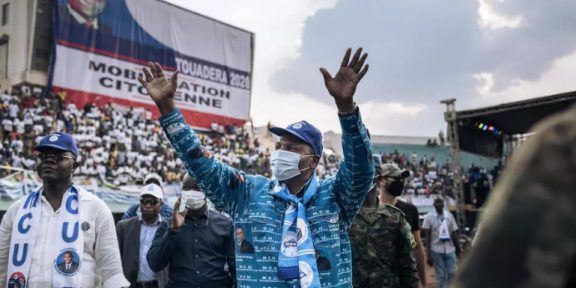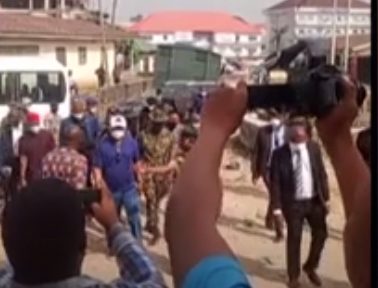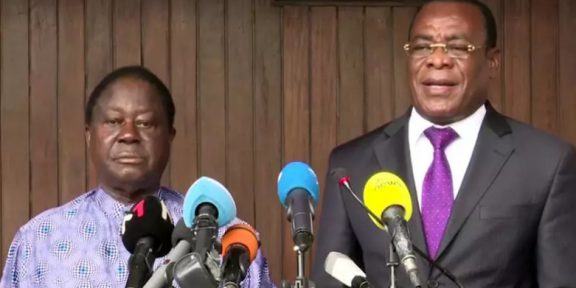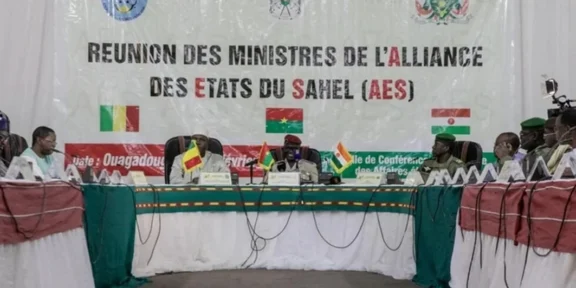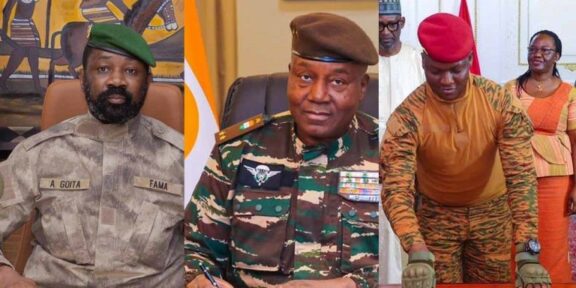The sequence of events linked to the incursions of armed groups into Sahelian countries such as Mali, Niger and Burkina Faso have given rise to military coups d’état, which have been widely supported by the population but condemned by the Economic Community of West African States (ECOWAS).
The authorities in Bamako, Niamey and Ouagadougou have decided to create an Alliance of Sahel States (AES) following the waves of sanctions decided unilaterally by the ECOWAS Heads of State and Government.
Aboubacar Diallo, President of the national youth council of Burkina Faso, underlined the merits of creating the AES, as well as the benefits this union could bring: ” Firstly, from an intelligence point of view, we will be able to share all the information we need to secure our territory. It’s also a framework in which people will have the free right to come and go without being worried in their own space “, he appreciated.
The three countries are currently the main victims of terrorism in the region, and several countries in this part of West Africa are also targeted by the growing threat of malicious activities by armed men. Many political scientists believe that, as ECOWAS has no vocation to fight against armed thugs, countries sharing a border with AES countries should already be thinking about joining this alliance to counter the ever-growing threat.
In terms of regional integration around the Alliance, Senegal’s socio-economic development should be noted, as it could be a pillar of economic growth for the Sahel states.
During his election campaign, Senegal’s new president, Bassirou Diomaye Faye, was quick to raise the issue of the security sovereignty of the independent states of West Africa, and to re-establish the already fractured relations between ECOWAS member countries and the countries of the Alliance of Sahel States.
Why does the ESA seem a good alternative to ECOWAS?
“ECOWAS is an obsolete organization that no longer meets the current needs of member states. They are already waiting for France to provide security, so how can we talk about sovereignty when we can’t secure ourselves?” asks Dr Boga Sako Gervais, a university lecturer in Côte d’Ivoire.
ECOWAS’s latest impartial decisions to interfere in the internal affairs of sovereign states have shown their limits. It’s time for the peoples of the region to ask themselves some questions. While the economic bloc is no longer an organization capable of uniting African states, the ESA should now be seen as a platform for the integration of West African countries, with a view to their independent and prosperous development.

